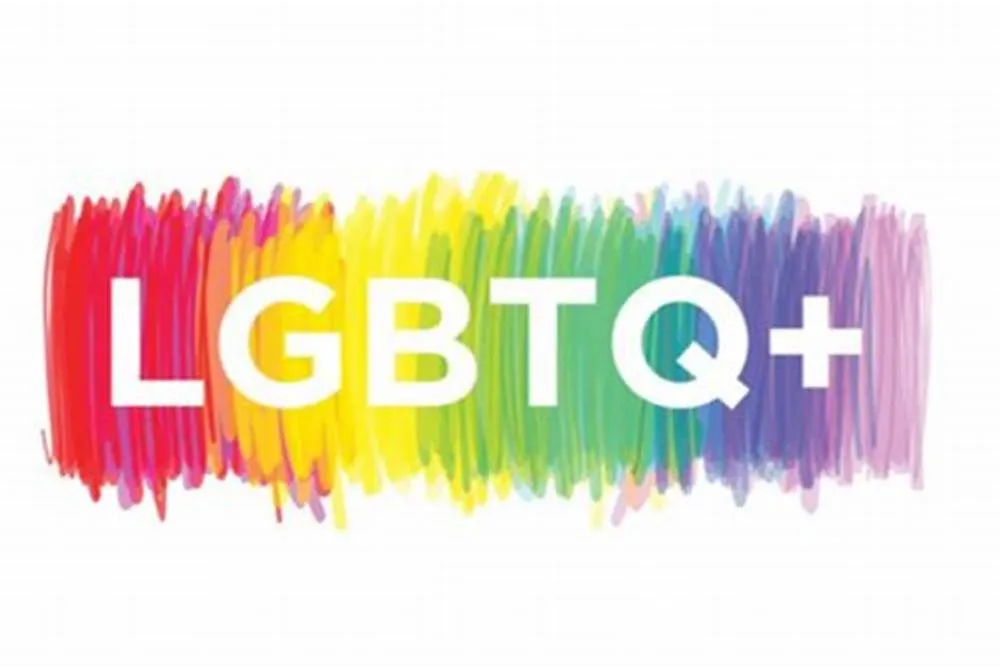LGBTQ+ support groups are becoming integral parts of university campuses, offering critical resources and safe spaces for students exploring their sexual orientation and gender identity. These groups foster a sense of belonging and empower students to navigate the challenges of university life while advocating for inclusivity and equality.

The Role of LGBTQ+ Support Groups
University is often a time of self-discovery, but for LGBTQ+ students, it can also be a period marked by unique challenges. Many students face difficulties related to discrimination, lack of acceptance, and isolation. LGBTQ+ support groups are designed to address these issues and ensure students feel accepted and supported in their academic and personal lives.
Some of the core functions of LGBTQ+ support groups include:
- Creating Safe Spaces: One of the most important roles of LGBTQ+ groups is providing a safe and welcoming environment where students can openly discuss their experiences and identity. This is particularly crucial in environments where LGBTQ+ students may feel marginalized.
- Providing Emotional and Mental Health Support: LGBTQ+ students often experience higher levels of stress, anxiety, and depression, partly due to societal pressures and discrimination. These groups offer emotional support, peer counseling, and connections to campus mental health services that are LGBTQ+-inclusive.
- Building Community: Support groups allow LGBTQ+ students to form connections with others who understand their experiences. This sense of community helps to combat feelings of loneliness and isolation, providing students with a network of peers for friendship and mutual support.
- Promoting Advocacy and Awareness: LGBTQ+ support groups also play a key role in advocating for policy changes and raising awareness of LGBTQ+ issues. This could involve pushing for gender-neutral restrooms, inclusive housing options, or promoting LGBTQ+ visibility through campus events like Pride Week or LGBTQ+ History Month.
- Educational Workshops and Programs: Many LGBTQ+ groups organize events that educate the campus community about LGBTQ+ issues, rights, and history. This helps foster a more inclusive environment by encouraging dialogue and understanding between LGBTQ+ students and their peers.
Organizational Structure and Activities
LGBTQ+ support groups in universities are typically student-run, though they may have faculty advisors or receive assistance from university offices dedicated to diversity and inclusion. While the specific structure can vary, common activities and organizational elements include:
- Leadership Teams: A group of student leaders typically runs the support group, organizing events, meetings, and outreach efforts. These leaders often collaborate with campus diversity offices or other student organizations to amplify their impact.
- Weekly or Biweekly Meetings: Regular meetings are the backbone of LGBTQ+ support groups. These gatherings may involve group discussions, guest speakers, peer support sessions, or even casual social events. Topics often cover a wide range of issues relevant to LGBTQ+ students, such as coming out, relationships, mental health, and navigating life on campus.
- Social and Networking Events: LGBTQ+ groups often host informal social gatherings that allow students to bond outside of academic or activist settings. Movie nights, game nights, or off-campus meetups are common ways to build a sense of community and inclusion.
- Collaboration with Other Groups: LGBTQ+ support groups often work alongside other campus organizations, such as women’s centers, multicultural groups, or mental health services, to broaden their reach and offer comprehensive support to students.
Broader Impact on Campus Culture
The presence of LGBTQ+ support groups on university campuses has a far-reaching impact, contributing to a more inclusive and compassionate campus environment for all students. Some of the broader benefits include:
- Enhancing Campus Diversity and Inclusion: By fostering conversations about gender identity and sexual orientation, LGBTQ+ groups promote understanding and acceptance. This, in turn, helps create a campus culture where all students, regardless of their background or identity, can feel welcome and supported.
- Challenging Bias and Stigma: LGBTQ+ groups work to combat homophobia, transphobia, and other forms of discrimination. Through awareness campaigns, educational workshops, and public events, these groups challenge the stereotypes and misconceptions that can lead to marginalization.
- Strengthening Mental Health Support Systems: A campus that actively supports LGBTQ+ students can have a positive ripple effect on the overall mental health climate. When students feel safe and accepted, they are more likely to succeed academically and socially, benefiting the entire university community.
Challenges Faced by LGBTQ+ Support Groups
Despite their positive impact, LGBTQ+ support groups often face a range of challenges. Some of the common issues include:
- Limited Funding and Resources: Many LGBTQ+ groups struggle with securing the financial resources they need to operate effectively. This can limit their ability to host events, provide materials, or offer support to as many students as they would like.
- Resistance from Campus or Local Communities: In some regions, LGBTQ+ groups face opposition or resistance from administrators, students, or even local communities. This can create a challenging environment for the group’s activities and advocacy efforts.
- Balancing Support and Activism: LGBTQ+ groups often walk a fine line between providing emotional and peer support for their members and engaging in advocacy for broader institutional change. Balancing these roles can be difficult, particularly when resources are limited.
Looking Ahead: The Future of LGBTQ+ Support Groups
As universities continue to recognize the importance of diversity and inclusion, LGBTQ+ support groups are likely to play an even more prominent role in shaping campus life. By offering safe spaces, promoting advocacy, and fostering a sense of community, these groups help ensure that LGBTQ+ students are supported in all aspects of their university experience.
Moving forward, universities must continue to provide adequate resources and institutional support for these groups to flourish. This could involve increasing funding, offering dedicated LGBTQ+ counselors, or integrating LGBTQ+ issues more fully into campus diversity initiatives.
Conclusion
LGBTQ+ support groups are vital for creating a safe, inclusive, and supportive environment for LGBTQ+ students on university campuses. Through peer connections, mental health resources, advocacy efforts, and educational programs, these groups empower students to thrive both academically and personally. As universities embrace greater inclusivity, LGBTQ+ support groups will remain essential to promoting equality and acceptance for all.
